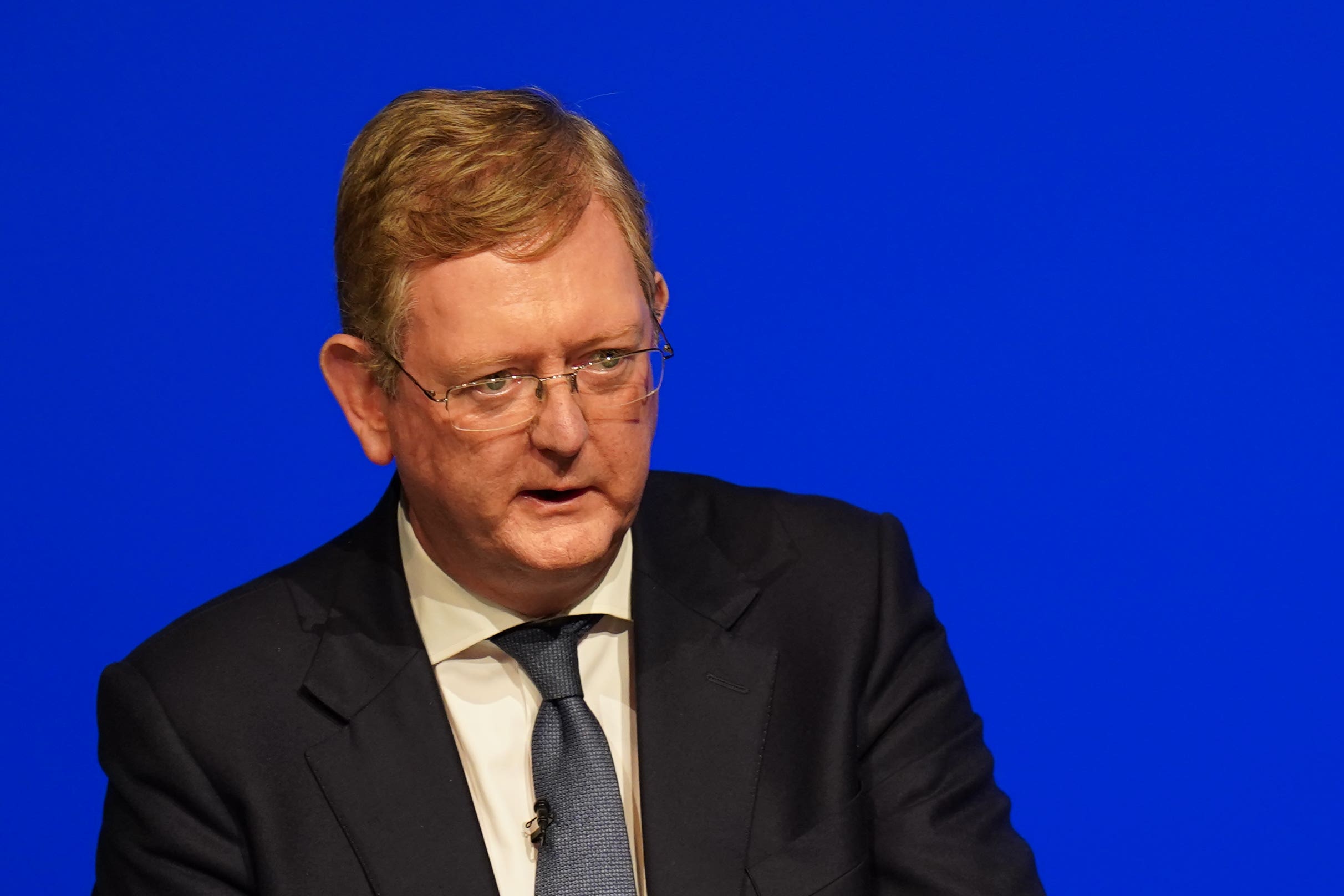Minister ‘cannot rule out consequences’ over Irish Legacy Act challenge
NIO minister Lord Caine said he deeply regretted a decision by the Irish Government to initiate a legal challenge to the UK legacy laws.

Your support helps us to tell the story
From reproductive rights to climate change to Big Tech, The Independent is on the ground when the story is developing. Whether it's investigating the financials of Elon Musk's pro-Trump PAC or producing our latest documentary, 'The A Word', which shines a light on the American women fighting for reproductive rights, we know how important it is to parse out the facts from the messaging.
At such a critical moment in US history, we need reporters on the ground. Your donation allows us to keep sending journalists to speak to both sides of the story.
The Independent is trusted by Americans across the entire political spectrum. And unlike many other quality news outlets, we choose not to lock Americans out of our reporting and analysis with paywalls. We believe quality journalism should be available to everyone, paid for by those who can afford it.
Your support makes all the difference.Consequences for UK-Irish relations cannot be ruled out because of legal action over the Troubles Legacy Bill, a Northern Ireland Office minister has said.
Lord Caine said he deeply regretted the decision by the Irish Government to launch an interstate case over the UK’s Act to deal with the legacy of the Northern Ireland Troubles.
Irish premier Leo Varadkar had said his government was left with “no option” but to legally challenge the UK Government over the Legacy Act.
The Taoiseach said the “strong” legal advice was that the UK Legacy Act breached the European Convention on Human Rights.
The Act received royal assent in September despite widespread opposition from political parties, victims’ organisations in Northern Ireland and the Irish Government.
Can I rule out any consequences? The answer is no
Aspects of the laws include a limited form of immunity from prosecution for Troubles-related offences for those who co-operate with the new Independent Commission for Reconciliation and Information Recovery (ICRIR).
The new Act will also halt future civil cases and legacy inquests.
Multiple Troubles victims and family members are supporting a separate legal challenge against aspects of the Act at Belfast High Court.
Lord Caine told the BBC Good Morning Ulster programme: “We deeply regret the fact that the Irish have decided unilaterally to take this case in the Strasbourg court.
“Of course we highly value the relationship with the Irish Government – it’s a hugely important bilateral relationship for us.
“Can I rule out any consequences? The answer is no.”
He added: “We really do feel that the actions announced by the Irish Government are very, very unnecessary, no need for them at all.
“The new legacy commission is currently in the process of being established, we would like it to be given the time and space to set about its work, to establish its procedures with a view to becoming fully operational next spring and being able to provide answers to many more people in a much faster timescale than is currently available through existing legacy mechanisms.
“We have always been confident that the legislation is compatible (with human rights law) and we will robustly defend the legislation against any challenges.
“I think I’m right in saying that there’s not been a single prosecution in the Republic of Ireland for a Troubles-related legacy case since 1998.”
Northern Ireland’s Commissioner for Victims and Survivors Ian Jeffers said he was not surprised by the move by the Irish Government.
He said: “It is inevitable that the Legacy Act was going to be challenged in Strasbourg and I would rather governments do it than put victims into court.
“We have seen locally that victims have had to take this to court to try to see if they can remove it or improve it, it is better the two governments fight this out now.”
The Irish Government’s legal challenge has been welcomed by a number of families of Troubles victims.
But DUP leader Sir Jeffrey Donaldson accused Dublin of “double standards” and challenged the Irish Government to say what it is doing to deal with Troubles legacy cases in its jurisdiction.